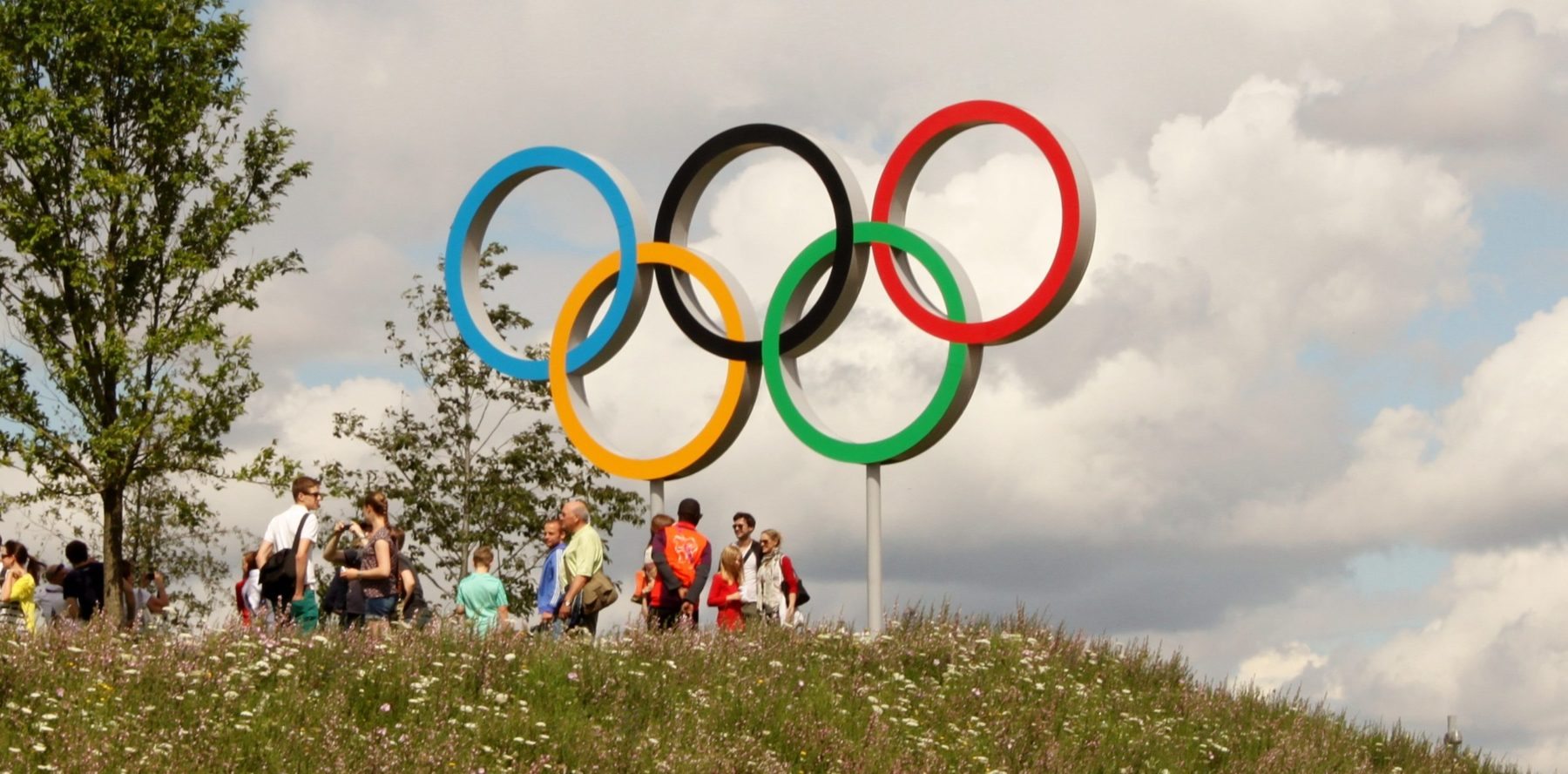How Olympic sexism could spell trouble for female students
Living in the year 2016, as a female student at a top university, one might think that my gender would not negatively affect my future prospects, as it may have done 50, or even 20 years ago. Statistics show figures for women in employment rising, and senior positions in business becoming slowly more available. Male graduates are still expected to earn on average 20% more than female graduates, but then again, I guess we can’t ask for everything.
There has been a well-documented online backlash against the casual sexism of the Olympics coverage…
One of the many positives of being a young woman in the 21st Century UK is that we have increasing amounts of strong female role models; we have politicians, businesspeople, and in the case of the recent Olympic Games, athletes and television presenters. There has been a well-documented online backlash against the casual sexism of the Olympics coverage, with the focus of reporters tending to be on the appearance, rather than the achievements of the female athletes.
This has also been the case with female presenters. One such presenter, BBC’s Helen Skelton, has consistently made headlines not for her coverage of the swimming, but for her fashion choices.
Why is it then, that various media outlets make their top stories feature headlines focusing purely on her fashion and make-up choices?
Skelton is not only a talented presenter, but she has achieved incredible feats, ranging from kayaking the length of the Amazon to becoming the first person to reach the South Pole by bicycle. Why is it then, that various media outlets make their top stories feature headlines focusing purely on her fashion and make-up choices?
In doing some research for this piece, I found some headlines that truly made me squirm. Ever the hive of insightful journalism, the MailOnline featured so many articles on Skelton’s appearance that it was hard to narrow it down. However, a personal favourite was the grabbing title “First legs, then shoulders now CLEAVAGE: Helen Skelton flashes her curves in a plunging boho dress – a day after dressing from head to toe in black”.
Of course you could say the same for men too, but where are the top ‘news’ stories documenting Jonathan Agnew’s choice of shirt, or Sir Steve Redgrave’s exposed elbow?
Not to be outdone, The Sun published an article referring to Skelton as “Former Blue Peter babe” under the headline “GETTING SKIRTY: Helen Skelton dress sends viewers into a spin as BBC presenter wears short skirt during Rio 2016 Olympics coverage”. A short skirt? Heaven forbid.
What I see in these headlines is the sad truth that my fellow female students and I, regardless of how intelligent or talented we are, will still be judged primarily on the basis our appearance. Of course you could say the same for men too, but where are the top ‘news’ stories documenting Jonathan Agnew’s choice of shirt, or Sir Steve Redgrave’s exposed elbow?
It seems that the media use this effective technique to keep us in our place…
These scathing critiques of men and their appearance just don’t exist, or at least not to the extent that women experience. It seems that the media use this effective technique to keep us in our place. So as another successful Olympic games has drawn to a close, it makes me wonder whether in four years’ time, some headlines might read less about women’s appearances, and more about their achievements.

Comments (1)
A well written article, agree totally with Kate McCaffery in relation to the bias towards females in most fields of employment. I am in my eighties now,have done most clerical work from ” girl friday ” to assistant Accountent and reiterate that attitudes towards females in all levels of employment must change.